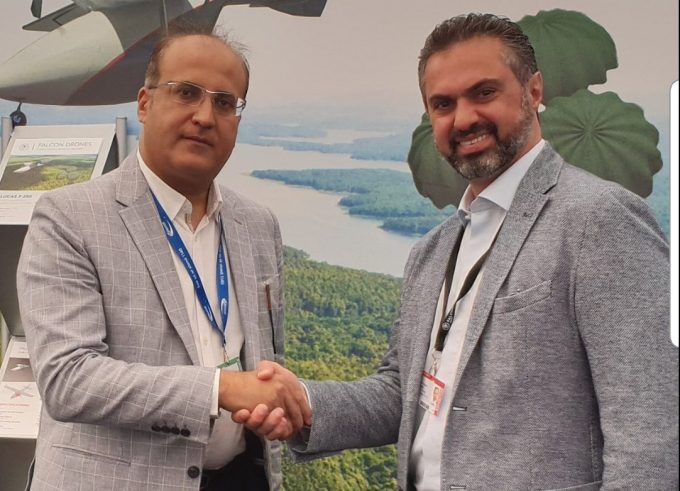DHL's Alice cargo plane takes to the skies in an electric wonderland....
DHL Express’ electric aircraft plans went airborne this week, with the maiden flight of its ...

Unmanned aircraft could represent “an opportunity to get into Africa’s vast and untapped air cargo markets”.
Speaking at the Farnborough Airshow, founder and chief executive of Astral Aviation Sanjeev Gadhia said the untapped Kenya market alone was valued by the WTO at £2.4bn.
The intra-Africa cargo carrier also announced it had signed a letter of intent to acquired two Falcon Drones’ Lucas F-250s, which offer a flying time of up to 10 hours, a speed of up to 200kph, capacity for Euro ...
MSC Elsa 3 sinking – now the 'blame game' begins
After DSV 'cuts the cake' on Schenker acquisition, time for redundancies?
Bad news for shippers as wave of transpacific rate increases continues
Houthis claim Red Sea safe for box ships not calling at port of Haifa
Shippers hold their breath as Trump appeals court ruling that tariffs are illegal
No deals with carriers, say Houthis – Red Sea safe for non Israel-affiliated ships
Schenker's Shirley Sharma Paterson moves to K+N as global head of sales

Comment on this article